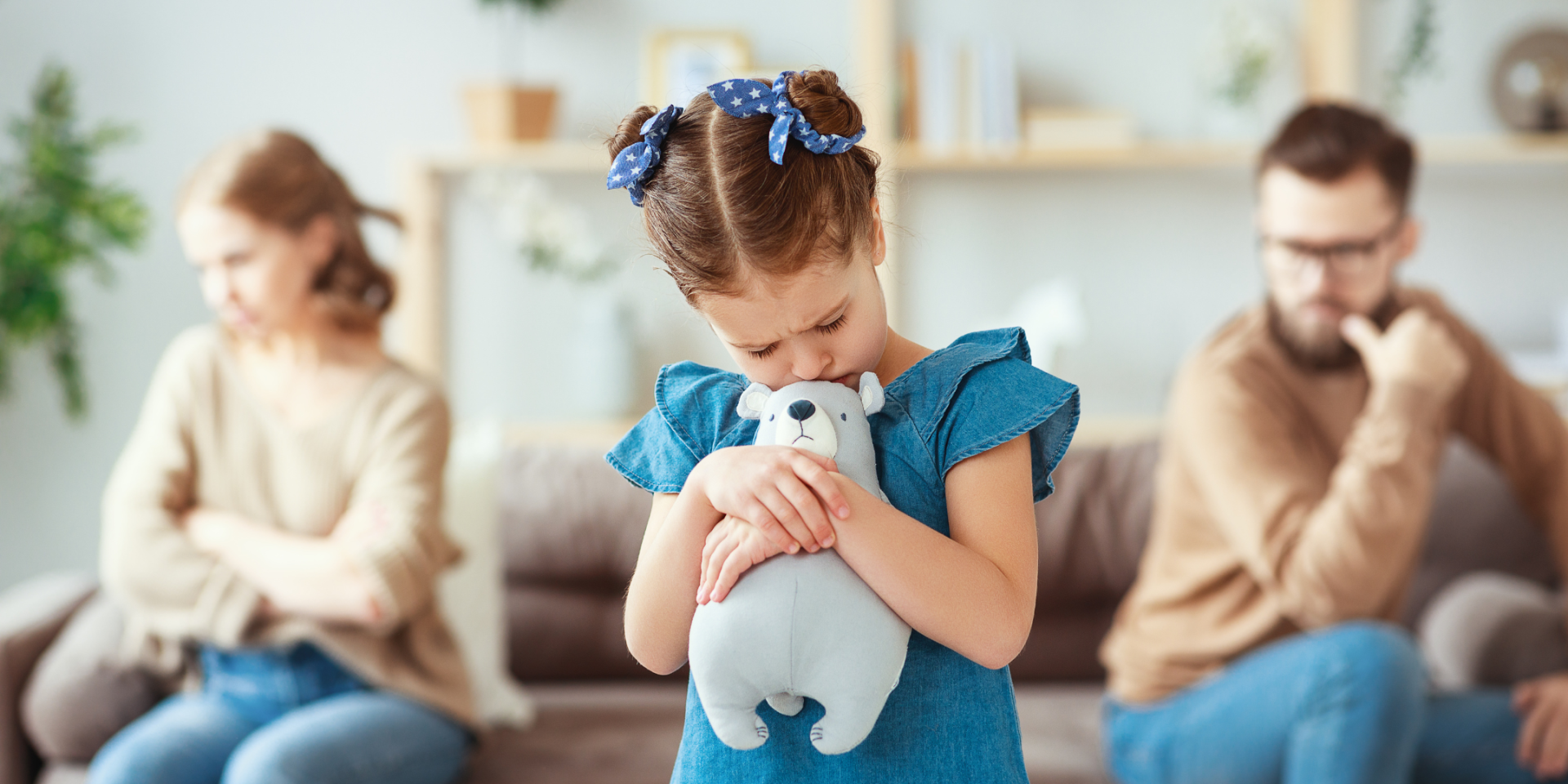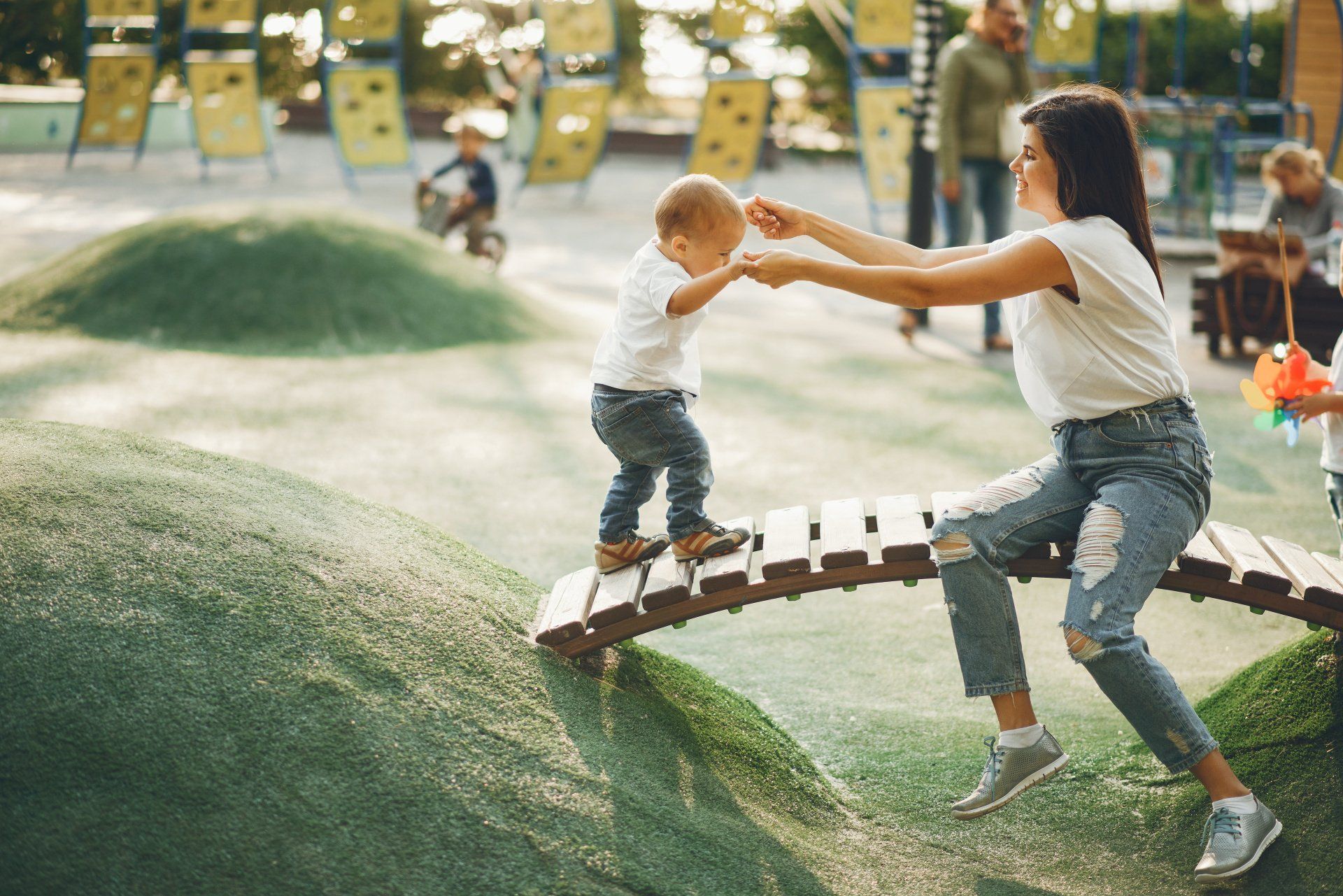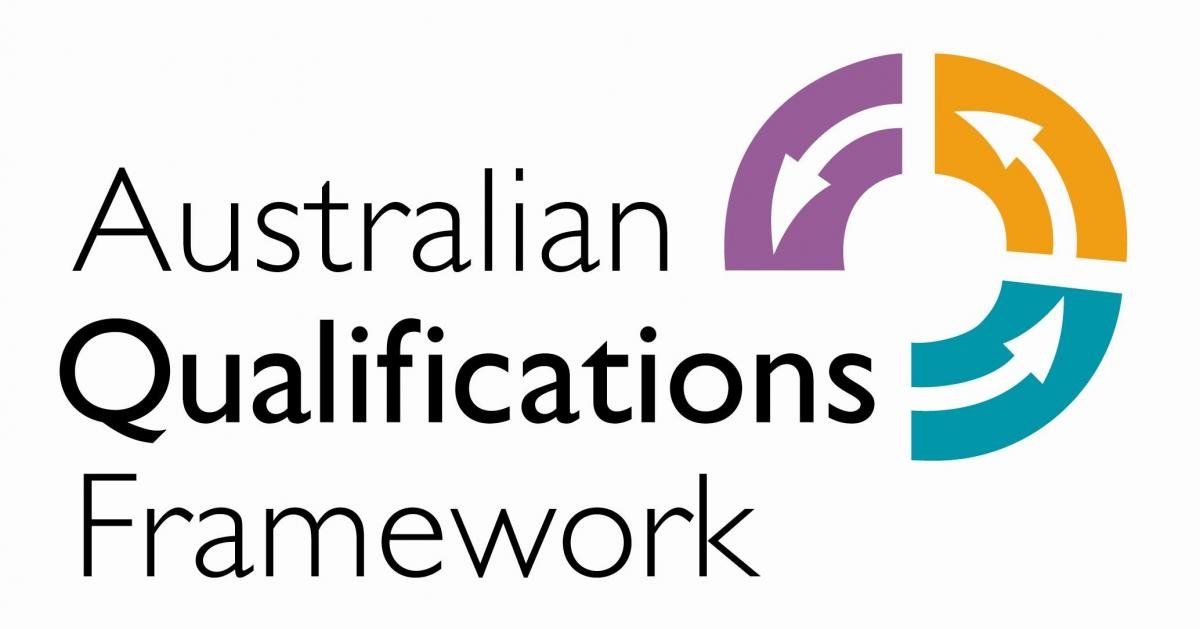5 tips to stop kids fighting in the car
Dr Mary Anne Hall • February 21, 2018
Do you have trouble with children fighting in the car? The car is a great place for children to play out all their sibling dramas and get your full attention– they have you trapped, and they know it! Fighting children in cars is inconvenient at best, and dangerous at worst. This week, Dr Mary Anne Hall from EPEC Education, provides some strategies to reach your destination in one piece!
1. Plan trips ahead of time
If it’s a long journey, have your route planned. For example, organise toilet stops; snack breaks; park breaks to burn off energy. Long journeys require forward planning. Have a discussion with the children about your expectations - this gives them a sense of ownership and responsibility for the journey. Always ensure you have some small snacks and drinks on hand to keep hunger at bay. Hungry children will be unhappier and are more likely to have temper flare ups.
2. Have some boredom busters
Spotting patterns of numbers on number plates, Eye Spy; cloud pictures; car colour counting, are all games that will keep children occupied. For longer journeys, consider DVD’s, music etc, to keep boredom at bay.
3. Pull the car over
If you threaten to pull the car over, it is essential that you follow through on this. If you do not actually pull the car over, children will not believe you. You need to show them what you mean, do not just tell them. Let your actions show them you mean business!
4. Unpack feelings
If arguments escalate, when it is safe to do so, you need to pull the car over until the children have returned to a calm state: Try the following:
Don’t yell: “This is dangerous, stop fighting, or I will pull the car over”.
Instead: Calmly pull the car over and say: “I can see you are both extremely angry. It is unsafe for me to be driving when you are arguing. When you are quiet and calm, we can continue onto the game (movies etc, whatever your intended destination).
Instead of saying: “If you keep this behaviour up, we are not going to the movies”
Calmly say: “I can see you both are having some problems sorting out who that game belongs to. Let’s discuss how we can problem solve this together”.
5. Reflect on the journey
When you are home and all in a calm state, you need to discuss the importance of road safety and the ramifications of what can happen if a driver is distracted in a car. It is important that children are given the tools to sort their own problems out, and that as a family, everyone is heard and that their feelings are validated. Maybe use this time to reflect and let the children tell you their views on the journey, and how they think it could be improved.

By Dr Mary Anne Hall
•
November 10, 2022
There are now over one million children in Australia going through a family breakdown. This almost always causes stress for children, with over 25% of children experiencing long term trauma as a result. Reduced access to once familiar extended family, the introduction of stepparents and step siblings, and the reduced presence of once consistent parents, can all contribute to children feeling fearful and uncertain. This week, Dr Mary Anne Hall from EPEC Education, provides five ways teachers and carers can assist children in transition while they are at school and at day care.

By Dr Mary Anne Hall
•
June 20, 2022
Supervising children adequately is the most important skill an early childhood educator can have. While having the ability to provide children with a safe and secure environment may seem like an easy task, there are over 1000 cases annually, whereby Australian children are seriously hurt in the early childhood setting. These accidents range from fingers being jammed in doors; dislocation and broken bones; choking; scalds and burns; to children having adverse allergic reactions. These accidents can and do, have dire consequences. This week, Dr Mary Anne Hall from EPEC Education, highlights five factors that should be considered when supervising children.
MENU
GET IN TOUCH
STAY CONNECTED
Join our newsletter and find out more
RTO:45113 | © EPEC Education 2025 | Food Safety Supervisor Certificates | Website by
Clear Pixel





